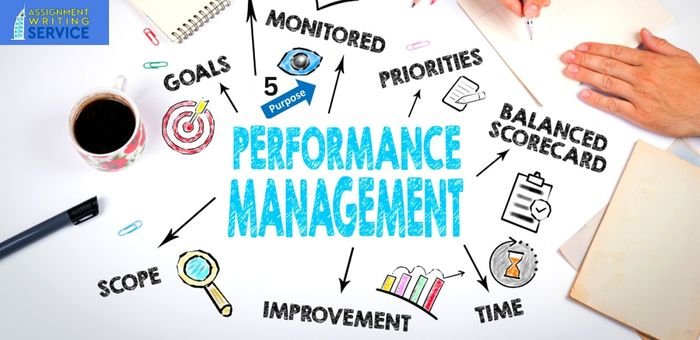Over time, human resource departments improve their performance management processes. What is the goal of performance management, and how does it relate to organizational goals? Below, we’ll look at twelve applications of performance management in modern business.
As Lockett Aims to Demonstrate Above,
it would be simple to define performance management in a single sentence. In reality, however, performance management is far more involved and complex. The field of performance management is rife with ambiguity.
Its purpose evolves and adapts to the needs of employees and businesses with each passing year. Lockett’s definition of performance management focuses on what an employee can do for the organization. Several factors, including talent shortages and advances in psychology, have contributed to a shift in focus in recent years. Performance management in today’s world is also about keeping employees engaged, content, and productive.
We examined performance management from a variety of perspectives because it is such an important and intriguing topic. The following are the twelve primary goals of performance management and how they improve employee engagement, organizational performance, and individual performance.
To Provide Meaningful Feedback on An Ongoing Basis:
Real-time feedback is one example of how these systems are becoming more forward-thinking. Previously, feedback was fairly limited. It is typically given to employees during an annual performance review, when they are judged and appraised based on their previous performance. Bonuses and pay were typically decided concurrently, making feedback exchange strains, uncomfortable, and ineffective.
When feedback is delivers promptly, it is far more effective. Today, one of the most important purposes of performance management is to provide and request feedback regularly, regardless of whether it is positive or constructive. Feedback should be delivers as soon as possible – this is increasingly important to employees.
Collaboration, Teamwork, and Communication are Encourages:
HR leaders frequently strive to foster a sense of community and teamwork within their organizations. As a result, communication and collaboration improve, leading to improves business performance. Companies achieve this through a combination of social activities and technology. Real-time communication is enables by collaboration tools such as Slack, while team-building exercises and after-work social activities foster a sense of togetherness.
In Order to Ensure Everyone is Achieving SMART Goals:
Goal-setting has always been an important aspect of performance management. Employees must be aware of their responsibilities and roles. Unfortunately, only about half of employees understand their objectives. Employees struggle to achieve goals when they lack a clear understanding of their objectives. Employees, managers, and human resources departments are all accountable for meeting objectives. Short-term goals have been shown to be more effective than long-term goals, so they should be set on a regular basis. HR should establish these objectives, and managers and employees should meet on a regular basis to discuss their progress.
It Is Important to Ensure That Organizational Goals Are Relevant and Further the Organization’s Objectives:
Employees should understand how their goals fit into the overall company strategy, not just their own. Not only will this aid in their daily decision-making, but an understanding of company objectives and how their roles contribute to the company’s direction will provide employees with a sense of meaning and purpose — something they seek in their careers.
Support on a Continuous Basis,
As we mentions in our post on 2019 trends, modern businesses must focus on much more than just business results. Organizations must become social enterprises rather than purely commercial enterprises. Employers must be concerns about their employees’ well-being and mental health. This can be accomplishes through the implementation of wellness programs, but you can also demonstrate to your employees that they can discuss any issues affecting their performance with you.
Help with Assignments:
Management of performance refers to all activities aiming at ensuring that the objectives set by companies are met as efficiently and effectively as possible. University students often have to write performance management system assignments. Performance management is a straightforward process for managing an organization’s employees’ overall performance. Employee performance is enhancing by appropriate performance management. To ensure that employees are meeting their work objectives in the best possible manner, managers and employees monitor and review the employees’ performance. This, in turn, contributes to the organization in a positive way. Students need performance management Assignment Services because several performance management assignment topics confuse them.
 +971 42473777
+971 42473777

